This document provides information on the origins, activities, philosophical underpinnings, and initial progress of the Education for Sustainability in Galapagos Program (ESG). The ESG Program has evolved over time, with important input from the local educational community in Galapagos, specialists in Ecuador’s Ministry of Education, and experienced educators from the United States, Ecuador, and other Latin American countries. With this document, Galapagos Conservancy hopes to provide a roadmap for conducting intensive, evidence-based professional development in a remote location like the Galapagos Islands. While some aspects of their approach may be specific to the needs and realities of Galapagos, it is their hope that different facets of the model and activities described in the document will be helpful to others pursuing deep educational change.
Related Posts
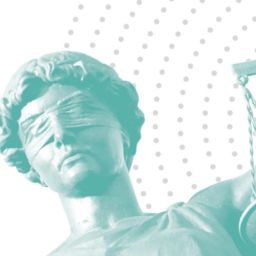
This project led by Espacio Público encompassed a study of major corruption cases in four countries –
Argentina, Brazil, Chile, and Guatemala – to identify factors that enable effective administration of justice, as well as recommendations for each country and the region.
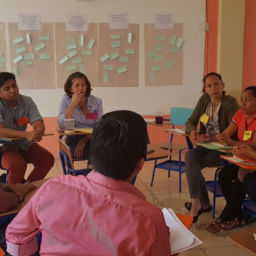
The Population Council partnered with the General Directorate for Alternative Education—DIGEEX—of the Ministry of Education of Guatemala to improve access, quality, and bring secondary education closer to communities.
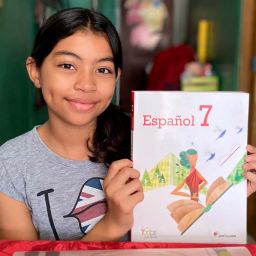
As we approach the third year of the pandemic, the Tinker Foundation announces funding to 12 organizations working to ensure equitable access to education.
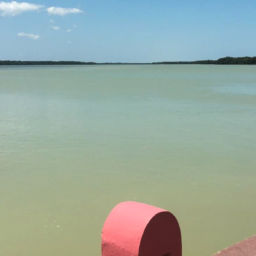
The analysis underscores the need to establish formal pathways for fishing community participation in fisheries management and enforcement.
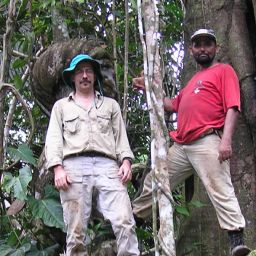
The director of the New York Botanical Garden’s Institute of Systematic Botany recounts the challenge of protecting critical Amazon forests amid a pandemic and an alarming spike in deforestation.
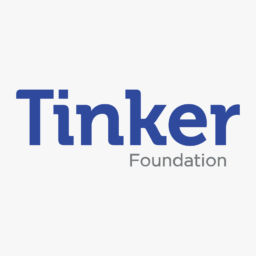
The Foundation welcomes Dr. O’Neil as its fourth Chairperson and thanks Alan Stoga for his years of service.
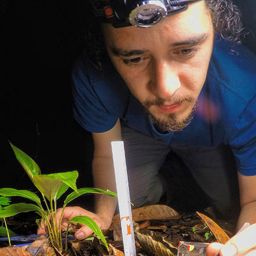
The Foundation is delighted to announce the launch of the Tinker Field Research Collaborative in partnership with 15 U.S. universities.
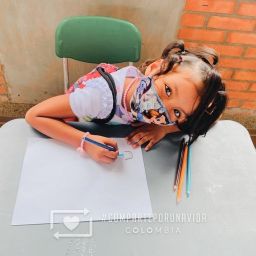
The Foundation will fund 11 organizations working to ensure educational equity during the pandemic.
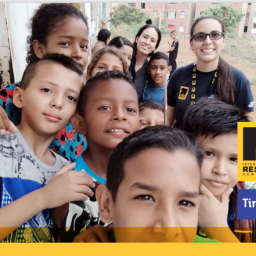
This first-of-its-kind study analyzes the academic and social-emotional learning status of Venezuelan and Colombian students in Colombian host communities.
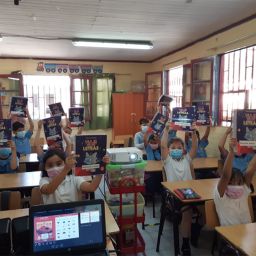
Loreto Iglesias tells us how the Fundación Educacional Crecer con Todos drew on their many years of experience to address school closings in Chile.
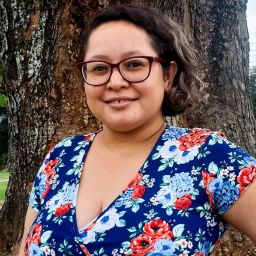
Hablamos con Dunia Perdomo, Coordinadora General de Proyectos en OYE, sobre su respuesta institucional frente a la pandemia y dos huracanes devastadoras en el 2020.
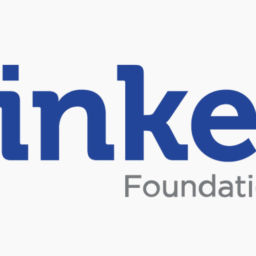
Tinker will operate one grantmaking cycle in 2025 and is accepting LOIs for the following programs: Democratic Governance, Education, and Sustainable Resource Management.
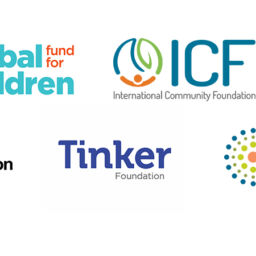
Tinker is pleased to announce its participation in RECARGA, a funder coalition to support public education systems in Central America as they rebound from the COVID-19 pandemic.
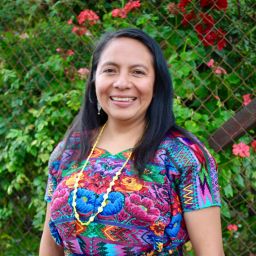
We interviewed Elvia Raquec, Programs Director at Women’s Justice Initiative, who oversees the expansion of the organization’s work to new communities..

Learn more about the launch of our new website.